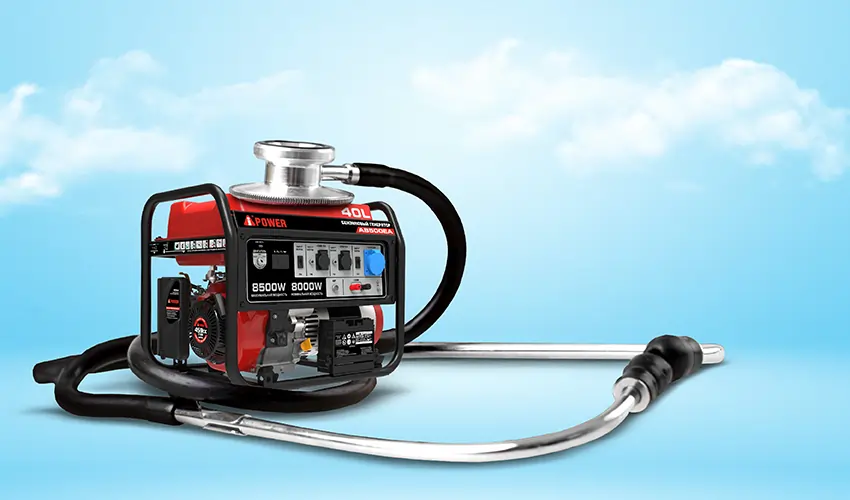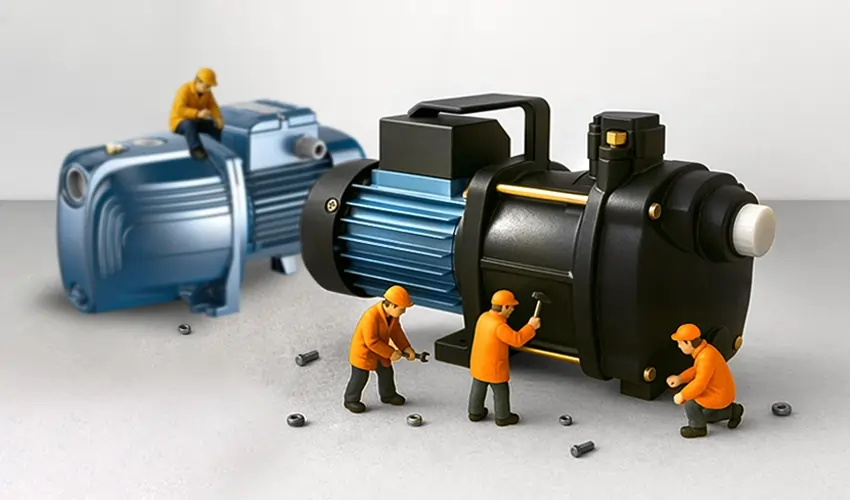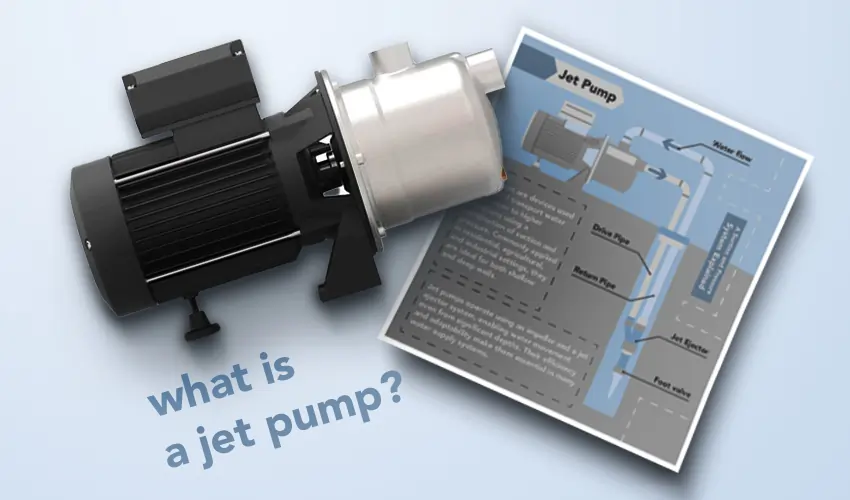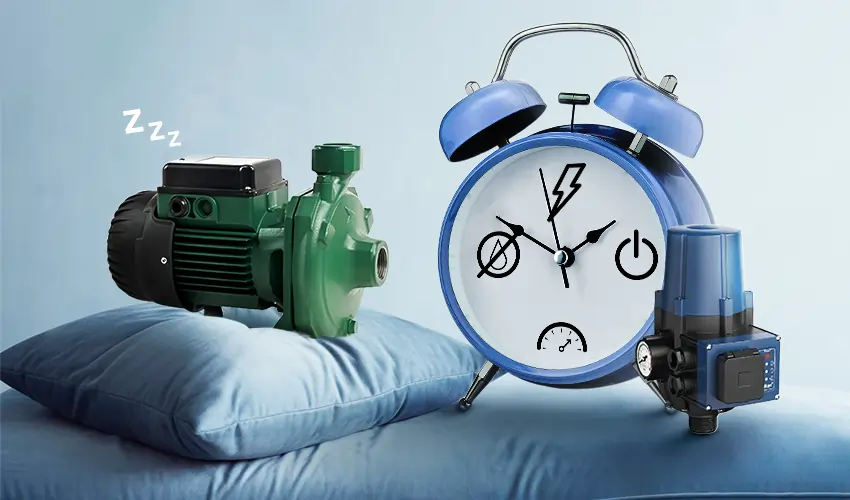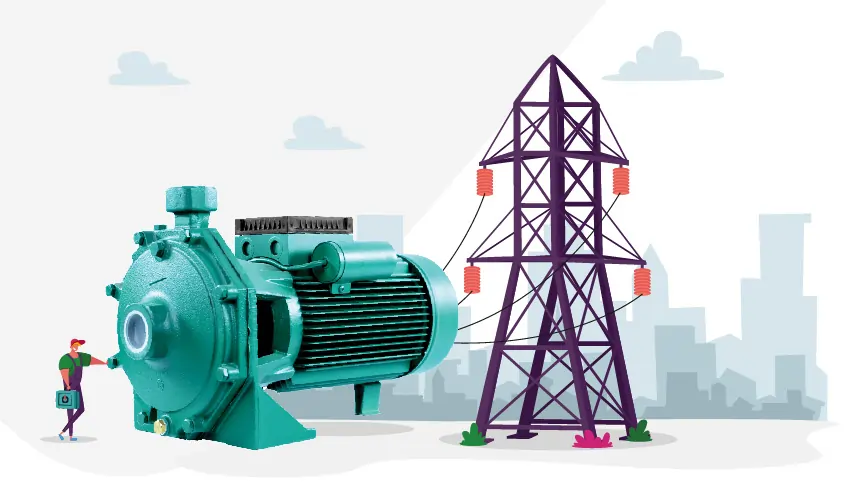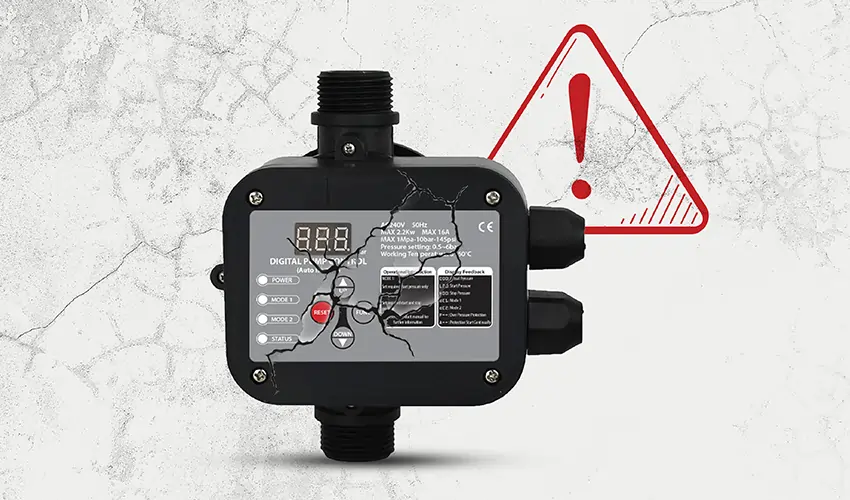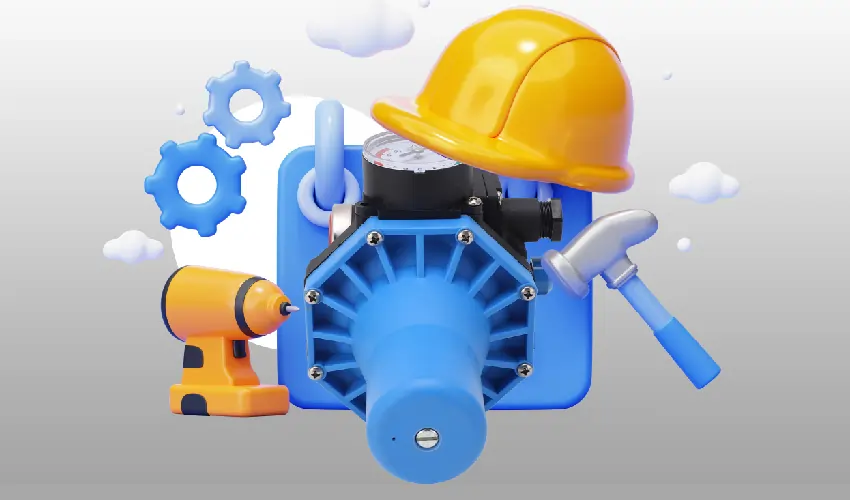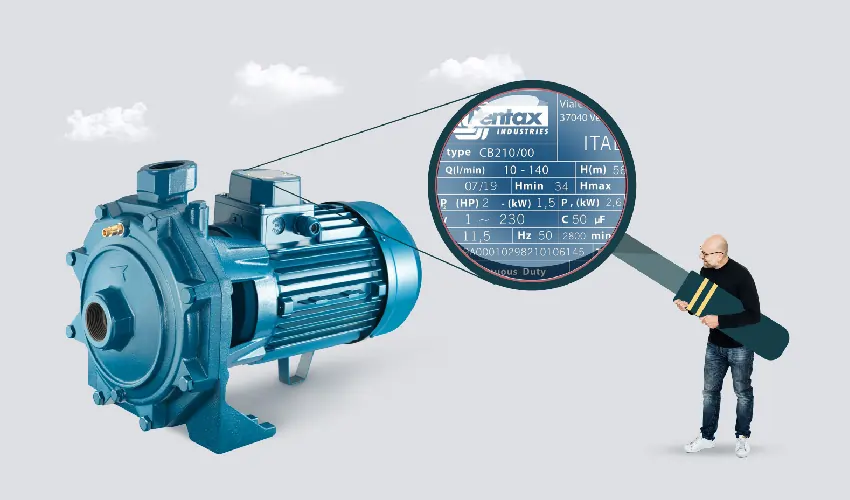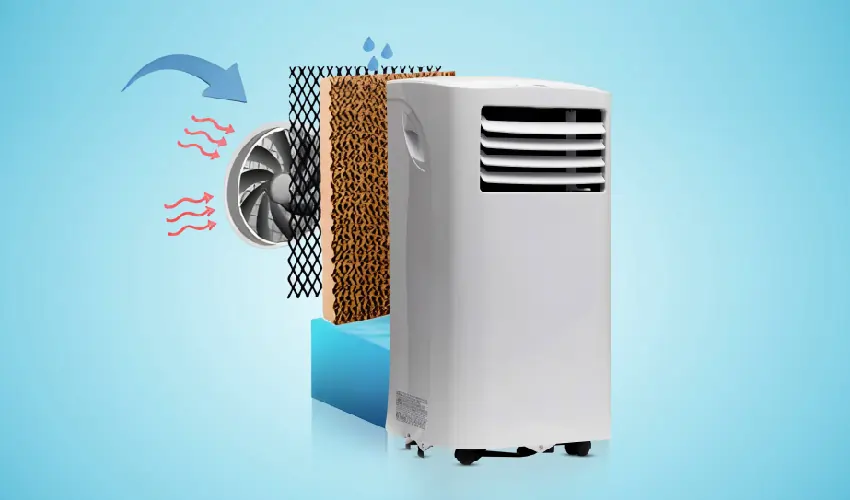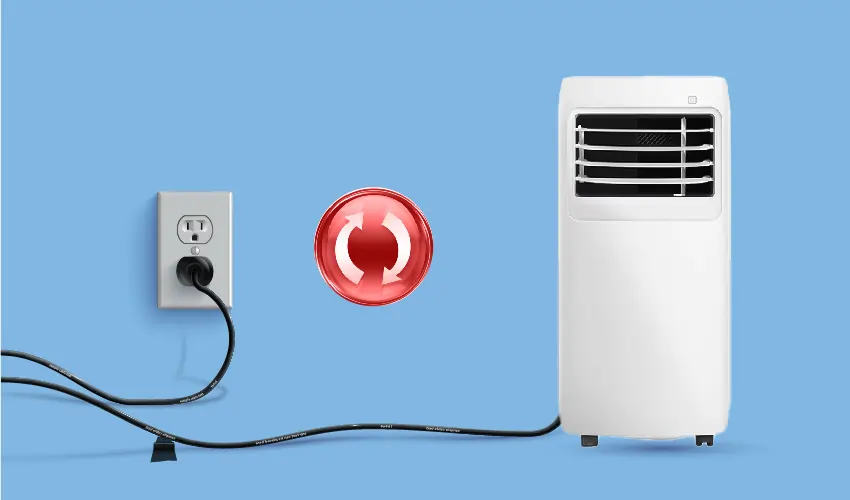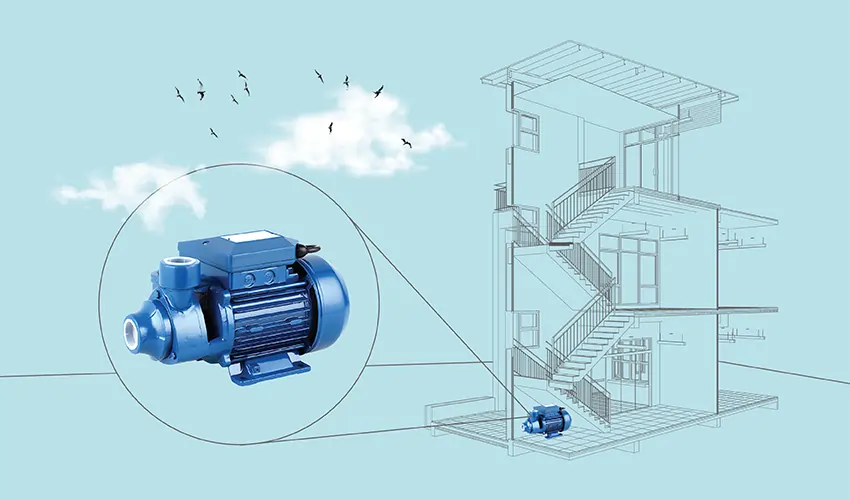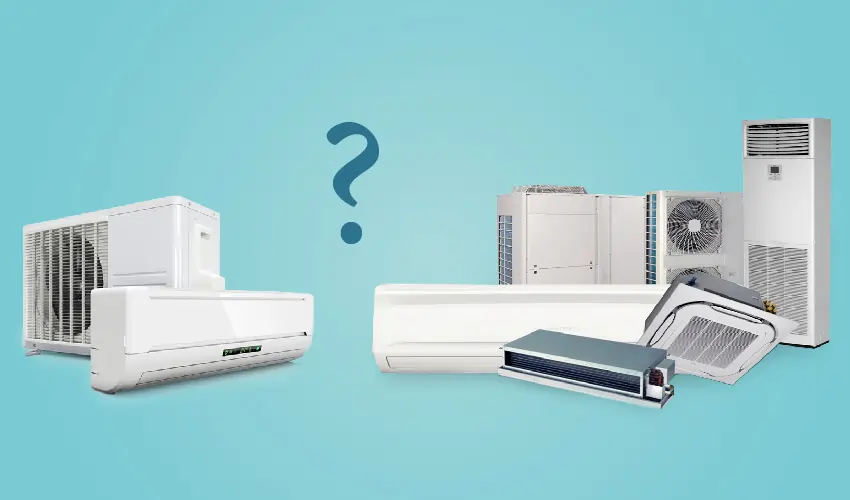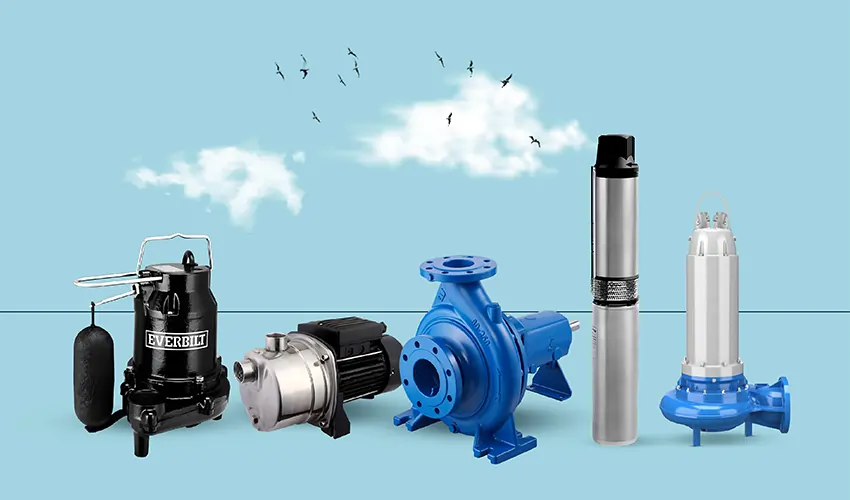Common Portable Generator Problems and Their Solutions
However, like any machinery, they are susceptible to various issues that can hinder their performance. Understanding common problems, such as fuel issues, maintenance neglect, overloading, and component failures, is crucial for users to troubleshoot and address these issues promptly.
This brief guide explores the typical challenges associated with portable generators and emphasizes the importance of regular maintenance and proper operation for their optimal functionality.
What Are the Common Problems with Portable Generator?
Portable generators can experience various issues, and troubleshooting them can help ensure reliable operation. Here are some common portable generator issues:
- Failure to Start:
- Fuel Issues: Check if there is enough fuel in the tank and that it is not contaminated.
- Choke Position: Ensure the choke is in the correct position.
- Spark Plug: A fouled or damaged spark plug may prevent the generator from starting.
- Engine Stalling or Running Rough:
- Fuel Quality: Poor-quality or contaminated fuel can lead to engine problems.
- Carburetor Issues: The carburetor may be dirty or clogged, affecting fuel flow.
- Air Filter: A dirty air filter can impact engine performance.
- No Power Output:
- Circuit Breaker: Check if the circuit breaker on the generator or the electrical panel has tripped.
- Overloading: Running too many appliances or devices can overload the generator.
- Faulty Voltage Regulator: If the generator has one, a malfunctioning voltage regulator can affect power output.
- Low Voltage Output:
- Voltage Regulator Issues: Malfunctioning voltage regulators can result in low or fluctuating voltage.
- Engine Speed: The generator may not be running at the correct speed, affecting voltage output.
- Excessive Noise or Vibration:
- Loose Parts: Check for loose bolts, nuts, or other components that may be causing excess noise or vibration.
- Worn Bearings: Bearings in the generator or engine may be worn and need replacement.
- Fuel Leaks:
- Loose or Damaged Fuel Lines: Inspect fuel lines for leaks or damage.
- Faulty Fuel Tank Cap: A damaged or improperly sealed fuel tank cap can lead to fuel leaks.
- Electric Starter Issues:
- Battery: If equipped with an electric starter, a weak or dead battery may prevent starting.
- Starter Motor: A malfunctioning starter motor can also be a source of problems.
- Oil Leaks:
- Oil Seal Issues: Inspect for damaged or worn oil seals that could be causing leaks.
- Overfilling: Too much oil in the engine can lead to leaks.
- Exhaust Smoke:
- Oil Burning: Blue smoke may indicate oil burning in the combustion chamber.
- Rich Fuel Mixture: Black smoke can be a sign of a rich fuel mixture.
- General Maintenance Neglect:
- Regular Maintenance: Failure to perform routine maintenance, such as oil changes and air filter replacements, can lead to various issues.
Why Do Portable Generators Fail?
Portable generators can fail for various reasons, and understanding these factors can help users prevent issues and maintain their generators effectively. Some common reasons for portable generator failure include:
- Fuel Issues:
- Contaminated Fuel: Using old or contaminated fuel can lead to clogged fuel lines, carburetor issues, and engine problems.
- Stale Fuel: Fuel left in the tank for extended periods can become stale and lead to starting difficulties.
- Lack of Maintenance:
- Infrequent Oil Changes: Regular oil changes are crucial for engine lubrication. Neglecting this maintenance task can result in engine damage and failure.
- Dirty Air Filters: A clogged air filter can restrict airflow to the engine, affecting performance and potentially causing damage.
- Neglected Spark Plugs: Fouled or worn spark plugs can lead to ignition problems and poor engine performance.
- Overloading:
- Exceeding Capacity: Overloading the generator by connecting too many devices or appliances can lead to overheating and failure.
- Mismatched Loads: Uneven distribution of electrical loads can strain the generator and lead to malfunctions.
- Improper Storage:
- Storing with Fuel: Leaving fuel in the generator during storage can result in carburetor and fuel system issues.
- Inadequate Shelter: Exposure to the elements without proper protection can lead to rust, corrosion, and other damage.
- Starting and Stopping Issues:
- Electric Starter Problems: Issues with the electric starter or its components can prevent the generator from starting.
- Pull Cord Issues: Manual recoil starters can fail due to a broken cord, damaged recoil mechanism, or other issues.
- Electrical Component Failures:
- Voltage Regulator Malfunction: A faulty voltage regulator can lead to unstable power output or no power at all.
- Faulty Circuit Breaker: A malfunctioning circuit breaker may trip frequently, disrupting power supply.
- Cooling System Problems:
- Overheating: Lack of proper cooling, caused by issues such as a malfunctioning fan or low coolant levels, can lead to engine overheating and failure.
- Exhaust System Issues:
- Blocked Exhaust: Restrictions or blockages in the exhaust system can lead to increased back pressure, affecting engine performance.
- Exhaust leaks: Leaks in the exhaust system can be a safety hazard and may lead to poor engine performance.
- Aging and Wear:
- Worn Components: Over time, various components such as bearings, seals, and gaskets can wear out, leading to performance issues.
- Corrosion: Exposure to moisture and environmental conditions can cause corrosion, affecting the generator’s components.
- Manufacturing Defects:
- Quality Control Issues: In some cases, generators may have manufacturing defects that become apparent over time or with extended use.
Conclusion
Portable generators can encounter various issues that impact their performance and reliability. Common problems include fuel-related issues, lack of maintenance, overloading, starting and stopping difficulties, electrical component failures, cooling system problems, exhaust system issues, aging and wear, and, in some cases, manufacturing defects. Regular maintenance, proper storage, and adherence to safety guidelines are essential for preventing these problems and ensuring the effective and consistent operation of portable generators.

